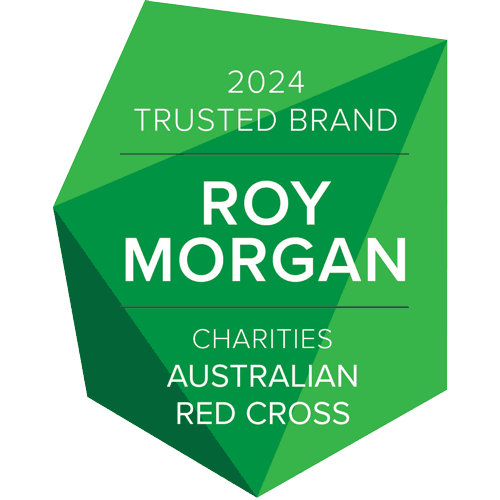Supporting the Solomon Islands to prepare for COVID-19
Operations Manager Jeff Barnard shares how the islands are staying safe.

Australian Red Cross delegate Jeff Barnard travelled to Honiara to support the Solomon Islands Red Cross as an Operations Manager to support COVID-19 response planning from 1 April to 27 May 2022. He shares his story of how Red Cross is part of the fight in keeping Solomon Islanders safe.
As COVID-19 spread around the world, some countries fared better than others – but even those with strong testing strategies, well-resourced health systems and enforceable mitigation measures struggled with the onslaught. The disparity between the way the virus has affected different communities has been on the mind of Jeff Barnard since his return from the Solomon Islands.
As an Australian Red Cross delegate, Jeff supported the Solomon Islands Red Cross to develop a COVID-19 response plan, as the virus took hold in Honiara and started to spread among remote communities.
“Even in Australia, our health system has even struggled, and it still continues to struggle,” he says.
“But when you're talking about a health system in the Solomon Islands that's already underserviced and which remote communities don't have access to at all, it's chalk and cheese. In Australia, there are still health systems, there is still access to vaccines and hospitals.”
In supporting the Solomon Islands Red Cross, Jeff worked on initiatives for remote communities to keep themselves safe. An important component was setting up local committees to address COVID-19 in communities through education campaigns centred on social distancing, handwashing and mask-wearing.
“The Red Cross training was trying to prepare those communities on the islands for the inevitable COVID outbreak. The response from people in community was that it was really effective, and had helped significantly. I feel like we saved lives, and will continue to save lives.”
The local committees will also be busy handing out thousands of reusable masks (sewn by Red Cross volunteers) to vulnerable members of the community and ensuring information is adequately communicated to the community through information booths in cities and towns.
Jeff says with the high number of people there who fall in high-risk categories if they catch the virus, this education campaign is critical.
“Right across the Pacific people have a high rate of NCDs [non-communicable diseases]. It makes them more vulnerable to COVID-19 because of that. Add to that the communal style of living, lack of access to health facilities, all of which make people far more vulnerable. There's also not the ability to isolate vulnerable people from the rest of society, it's just not a common thing. They wouldn't dream of leaving a grandmother isolated and separated from the rest of the family. It's just such a time bomb really.”
As restrictions are eased in the Solomon Islands, in a similar fashion to Australia, Jeff notes, the pandemic isn’t over and the Red Cross will be active in supporting people to protect themselves. “The ongoing messaging needs to continue to get through to people that if you want to protect your elderly people, you still need to wear a mask when you're on public transport and when you're in confined areas - even if it's not a regulation.
“Our volunteers will talk to people exactly like that, to spread that notion that just because restrictions have eased it's still a good idea if you want to protect those vulnerable people in your community to self-isolate, and do all of those things that keep us safe.”
